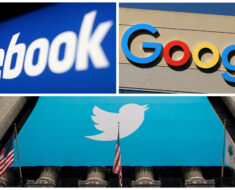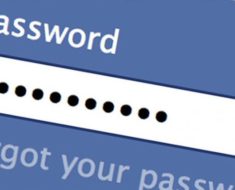Over the last few months, a lot of information about the novel virus has been making rounds on social media and other platforms. Many health organizations have been advising the public on physical and mental wellness. Experts advise that one of the significant ways to remain calm during this critical time is to use only trusted sources like the WHO and the CDC to get updated. This said, many people have been victims of misinformation about Sars-cov-19 and the disease it causes – Covid-19.
Most people who post updates on social media platforms seek popularity rather than focusing on the accuracy of information. Some people have posted products like toothpaste that they claim will treat coronavirus. Recently, there was a viral video that encouraged people to inhale hot air from a dryer to treat the disease. Other trends include urging people to inject vitamin C into the bloodstream, the use of colloidal silver and vaping natural oregano oil, among others. The amount of false information online is saddening. Even more worrying is the number of people who believe and unintentionally spread these false claims to a wider and more vulnerable audience.
Social media platforms have recorded a very high number of users over the last three months. This is because a significant amount of people use social media to stay updated. Millions of people seek new information every day with twitter recording a daily high of 12 million more users since the start of the year compared to the last three months of 2019.
Survey shows that the main reason people continue posting false information is because they don’t take the time to confirm whether the information is accurate or whether the source is reliable. The sad reality is that content which attracts people to these platforms is given priority regardless of whether it is true or false. Though social media firms have been promising to handle the problem, they are significantly reliant on Artificial Intelligence (AI) which is not able to review sensitive content extensively.
On the other hand, social policing can be ineffective. It is normal for social media users to try and shame each other when in a disagreement. People have been posting pictures of others in gatherings and parties. However, it is a negative way of curbing these behaviors and could lead people to continue being ignorant. This said, users attempting to persuade people to follow regulations should focus on the positive. An example is posting pictures of people social distancing and washing hands without confronting those who ignore.
http://theconversation.com/social-media-fuels-wave-of-coronavirus-misinformation-as-users-focus-on-popularity-not-accuracy-135179
Dil Bole Oberoi





